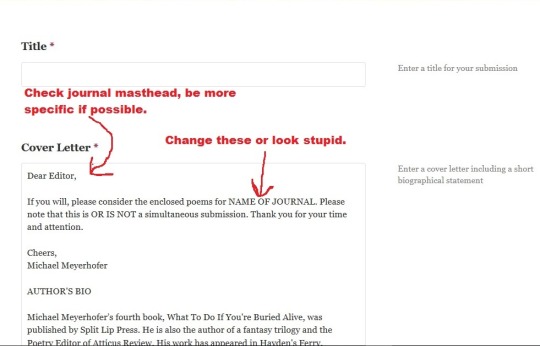I was just thinking about an episode of Star Trek: the Next Generation (“The Outcast”) that included a gender-neutral species—the J’naii—known for actively discriminating against and biochemically “reconditioning” any member of their species who identified as male or female. This was a deeply unsettling episode for me as a kid because it dealt with issues I’d never considered, and it was also unabashedly philosophical/moral in nature, with virtually no explosions or phaser battles to distract the senses. However, that turned out to be a good thing because the episode got under my skin and it got me thinking about something that most other television shows didn’t even bother to address.

During one pivotal scene toward the end of the episode (meaning you should stop reading now if you want to avoid spoilers), a J’naii named Soren—who identifies as female and enters into a relationship with Commander Riker (because of course)—gives an impassioned If-you-prick-us-do-we-not-bleed type speech. Throughout the whole episode, Soren has been fairly restrained in her physical mannerisms, which some critics mistook for wooden acting but which I actually think was done to set up a contrast to her speech (“What makes you think you can dictate how people love each other?”). Given the fact that we’re talking about the final few minutes of a serial sci-fi show, you might expect a fairly easy resolution, but Soren’s speech falls on deaf ears and Soren is essentially led off to the gallows.
Predictably, the moral clusterfuck that is the Prime Directive gets brought up in this episode, though Picard’s attitude seems to be that he’s willing to turn a blind eye should Riker decide to intervene on Soren’s behalf. As for Worf (the ship’s fairly conservative traditional male warrior), he goes from being decidedly put off by the J’naii to risking his life in an attempt to save Soren from reconditioning. However, that seems to be done more out of loyalty and friendship to Riker; Worf doesn’t actually witness Soren’s courageous speech, though I wish he had because he, at least, might have recognized her courage for what it was–and not how Soren’s judge sees it, which is simply as the sad ramblings of a pitiful deviant.
There’s also an important point buried in the episode: as an allegory for LGBTQ rights, it’s stating that of course it’s genetic, not a choice. After all, if it were just a choice, why would the J’naii even need whatever inquisitor-like machine of doom they keep waiting in the next room? That brings us to the episode’s gut-wrenching conclusion, wherein the writers make a bold and unexpected decision: Riker and Worf arrive too late; Soren has already been reconditioned to the point where her old identity has been completely [brain]washed away.
The backlash from bigots comes as no surprise, but what did surprise me when I researched this episode was a mention in a couple forums and on Wikipedia that it apparently also got some criticism from the LGBTQ community. As the story goes, some took Soren’s fate as actually advocating such reconditioning (or at least implying that gender identity is so superficial that it can be effortlessly wiped away). When I heard that accusation, I got all geared up to leap to the episode’s defense, and maybe even toss in a clever line about how its critics must also think that Blade Runner is secretly in favor of the enslavement and murder of synthetic humans. However, I looked around and… well, the only criticism I could actually find came from Star Trek fans who thought the episode was preachy and boring.
That struck me as odd, though, because the scenes that receive the most criticism—Soren’s speech, for instance—are incredibly emotional. That brings me to my next point: I wonder how many of the people criticizing the episode as “boring” actually feel that way (which is perfectly fine), and how many are just doing what far-right talking heads do when they pooh-pooh Jon Stewart’s scathing and hyper-articulate political diatribes by saying they’re “not funny.”
Also, the episode wisely shows Soren’s judge as misguided but seemingly earnest and sincere in her concern… just as, on some twisted level, those trying to “cure” away the gay probably actually think they’re doing the right thing. And in contrast to the accusation that the episode is ham fisted, one important scene shows Riker and Soren trying to save a couple other J’naii from dying in space. Needless to say, they activate the transporter without stopping to ask what the dying J’naii think about the same reconditioning process that has Soren living in constant terror. Nor does Riker or anyone else approach them later and ask how it feels to have their lives saved by a “deviant.” So in my loudmouth estimation, what seems at first like a passing and fairly meaningless action sequence could actually be taken as the whole point of the episode.
Indeed, this episode as a whole can even be seen as embodying the very ideas of the whole Star Trek franchise, which were always less about warp-chases and rogue nanites than the kind of moral quandaries that come about when a species wields near god-like technology but still can’t shake off the age-old problems of ignorance and moral ambiguity.









